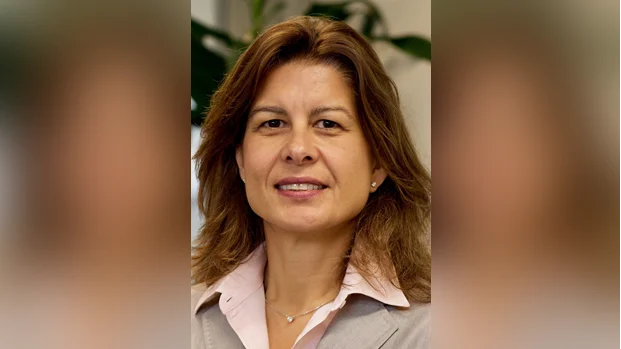Nigeria has been implementing reforms over the past two years to address long-standing economic challenges. The country, Africa's most populous, is striving to improve its economy amidst poverty and food insecurity concerns, compounded by a volatile global environment.
Upon assuming office in 2023, Nigeria's government faced significant economic hurdles. Between 2014 and 2023, real per capita GDP fell annually by an average of 0.7 percent, with a poverty rate of 42 percent recorded in 2023. Limited access to dollars forced many to rely on the parallel currency market at higher rates than the official exchange. Public finances were strained by a complex fuel subsidy system causing petrol shortages, while central bank financing contributed to inflation.
In response, Nigerian policymakers initiated several bold reforms. The government and Central Bank of Nigeria liberalized the foreign exchange market in 2023, halted central bank deficit financing, and reformed fuel subsidies. Efforts were also made to strengthen revenue collection.
These changes have led to increased international reserves and improved access to foreign exchange through official channels. Nigeria returned successfully to international capital markets last December and received upgrades from rating agencies. A new private refinery aims to enhance Nigeria's position in a deregulated market.
Despite progress, challenges persist with inflation exceeding 20 percent and inadequate infrastructure hampering economic activities. Poverty remains high without an effective social safety net for vulnerable populations.
Global uncertainties add further strain with high borrowing costs affecting Nigeria significantly due to its reliance on oil revenues which accounted for 30 percent of government income in 2024.
To overcome these issues, Nigeria should focus on three priorities: achieving stronger growth that reduces poverty; establishing an effective budget framework for investments; and increasing domestic revenues through tax reforms while ensuring substantial financial savings from removed fuel subsidies fund priority spending.
Axel Schimmelpfennig from the IMF emphasizes continued reforms alongside a robust social safety net as crucial for realizing Nigeria’s potential as an economic powerhouse.

